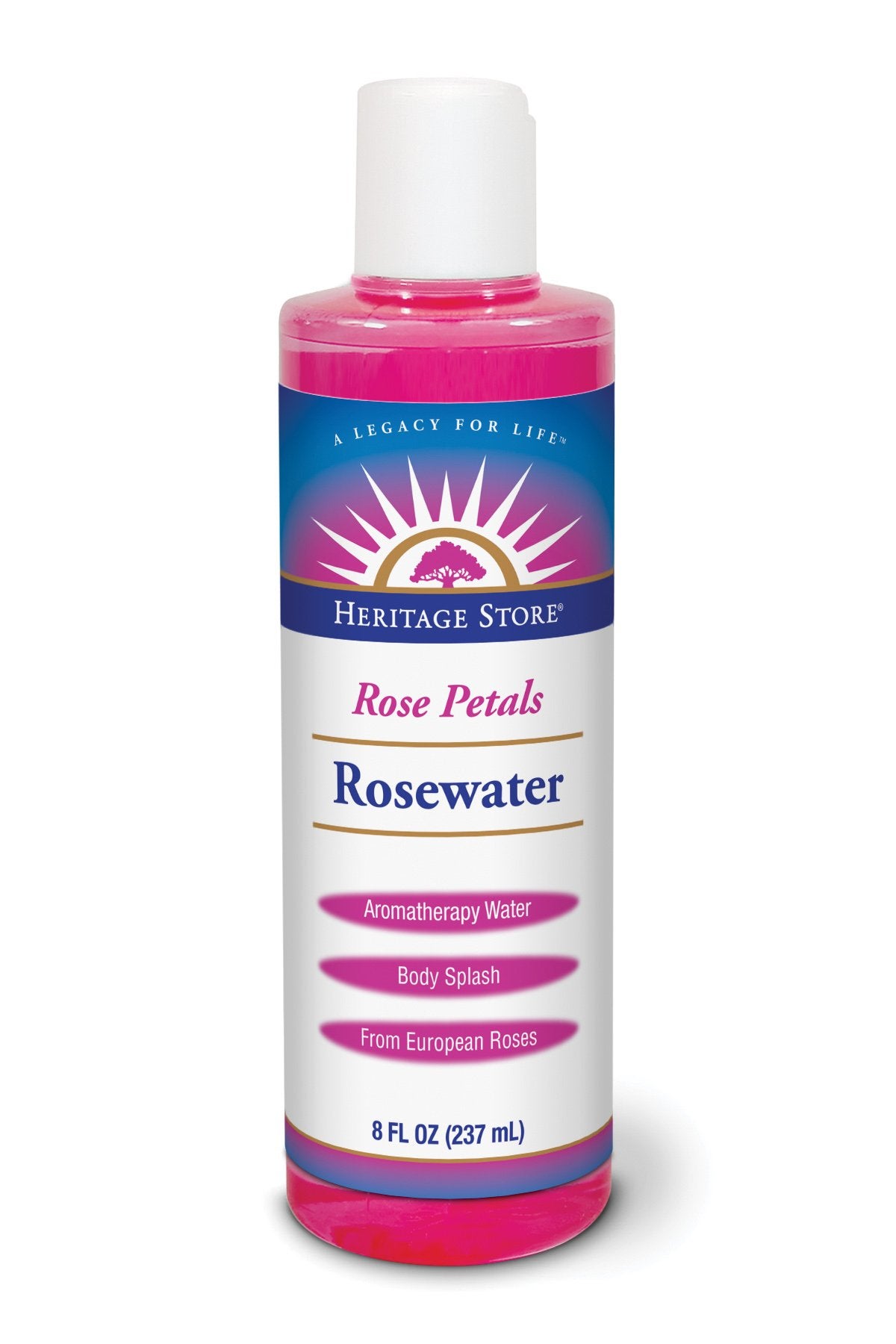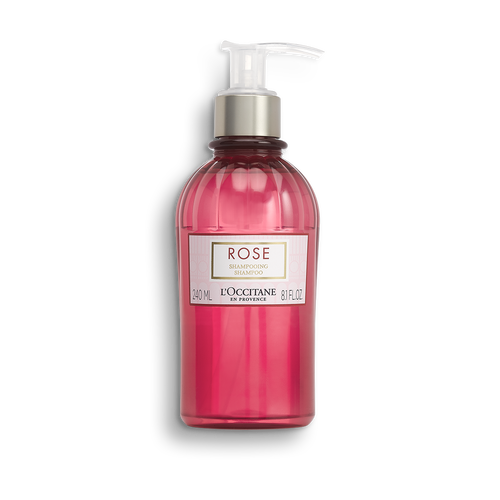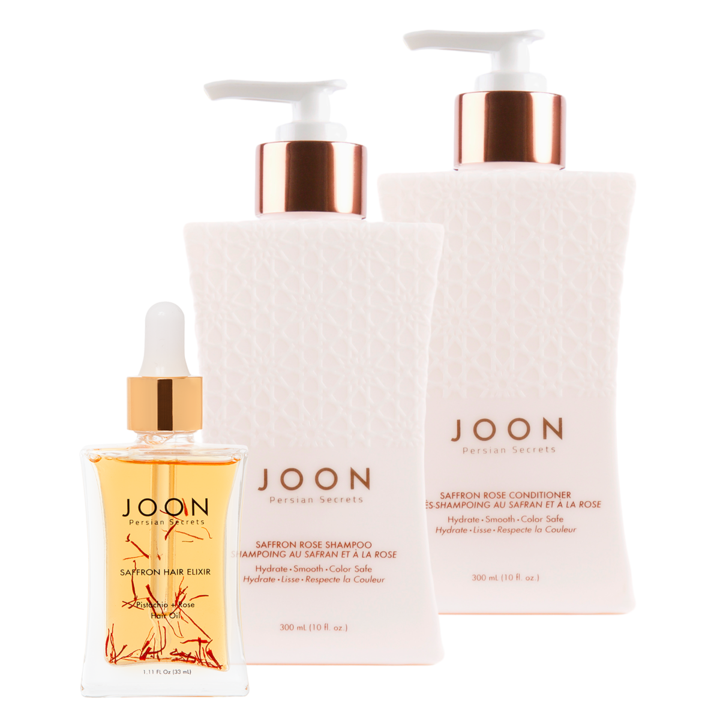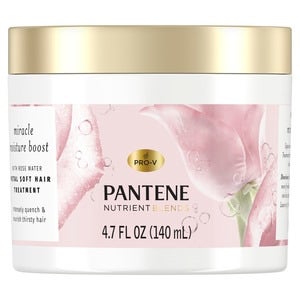Stepping into the bustling medina of Marrakech, the former Moroccan capital's historic city centre, makes navigating New York City’s Times Square feel like taking a nap. Men, women, and children huddled over moped bikes power through the narrow market streets, and if you're not paying close enough attention you might run straight into a donkey in an alleyway. The colourful lanes are lined with vendors haggling with tourists over locally-made wares; shops are packed with souvenirs ranging from magnets to Berber carpets. There, tucked into every nook and lining every shelf, are pint-sized plastic bottles decorated with roses.
The liquid inside each container is indistinguishable from drinking water at first glance, but twist one open and you'll find it's filled with rose water, one of Morocco's most ubiquitous ingredients. "Rose water is widely popular in Morocco," says Siham Lahmine, operations manager of Plan-It Morocco, a local female-owned travel agency. "The Persian rose was cultivated in Morocco centuries ago, and locals have eagerly consumed it." Throughout history, rose water has been used as a remedy for burns and insect bites, as flavouring in food and teas, and as a cosmetic product — particularly in hair and skin care.
AdvertisementADVERTISEMENT
During my time in Marrakech, Lahmine’s team took me and a group of other eager editors on a beauty tour, where Moroccan women walked us through the significance of rose water and other locally cultivated ingredients, like argan oil, in their beauty routines. In nearly all of their time-honoured recipes that had been passed down and refined over generations, rose water was used as the liquefier rather than plain water, despite it being costlier and more time-intensive to produce. "To produce a few litres of rose water, you need tons of rose petals," says Lahmine. "However, local Moroccan women do not hesitate to purchase it since it's so beneficial and multi-functional."
Salma Ekambi, founder of the progressive networking platform Blk History Project, grew up in a half-Moroccan household, where she says that rose water was always on hand. "We always had it in the cabinets," she says. "If I had a migraine, my mom would crush up some cloves, garlic, and rose water, pack it into a scarf, and tie it on my head." In addition to its medicinal use, Ekambi would douse her face and body in rose water after showering, too.
Rose water's cultural significance runs deep: Shiva Tavakoli's Persian roots are exactly what inspired her and her brother, Keyvan, to launch Joon, a hair-care line that aims to combine modern formulations with the generational use of rose water. “I’ve used rose water for years to moisturise and soften my skin and hair,” she says. “In Iran, we even drink it to help improve our skin overall, thanks to its anti-inflammatory properties."
AdvertisementADVERTISEMENT
That said, the ingredient's appeal goes beyond sentimentality — it has real benefits, too. Erica Bibb, a cosmetic chemist based in Chicago, says that rose water is especially useful in hair-care products thanks to its slightly acidic pH level. "Rose water is a natural antibacterial agent that is extremely hydrating, and also has a naturally pleasant scent," Bibb says. "When hair is exposed to an acidic environment, it causes the cuticle layer of the strand to constrict, which allows for better moisture retention."
Dermatologist Angela Kyei says that while there isn't enough solid research to confirm the beauty claims of rose water, it's still worth adding to your routine. "There aren't a ton of studies that scientifically show the benefits of rose water on hair," Dr. Kyei says. "However, it isn't a stretch, considering it has strong antioxidant and antiviral properties and is used for medicinal purposes in many cultures."
When formulating its new Moisture Boost line, Pantene tested the exact composition of rose water to zero in on why the ingredient seems to be so beneficial in hair care. "With the help of the Swiss Vitamin Institute, we were able to determine that rose water samples had significant concentrations of vitamins B5 and B3," says Jeni Thomas, Global Science Communications Leader for Pantene. "Both are known to be wonderful ingredients for the skin's moisture barrier, and hair and skin have similar structural elements, which made rose water an appealing ingredient for this collection."
The good news is that you don't have to book a flight to Marrakech to experience the benefits of rose water, with brands like Joon and Pantene bringing it to the masses. The first time I used Pantene's Miracle Moisture Boost collection, which includes shampoo, conditioner, and a hair mask, I was seriously impressed: The three-step system turned my curls impossibly smooth and glossy, even without additional shine-enhancing products, and smelled like a real-life rose garden, not an imitation of one.
Each May, the Moroccan city of Kalaat M’gouna, which translates to "valley of roses," holds a Rose Festival, where thousands of locals and tourists alike gather in song and dance to celebrate the harvest of the flower and to bask in its beauty. It's a vibrant, sweet-smelling testament to just how important it is to their culture — and now it has the potential to be crucial to your hair-care routine, too.
At Refinery29, we’re here to help you navigate this overwhelming world of stuff. All of our market picks are independently selected and curated by the editorial team. If you buy something we link to on our site, Refinery29 may earn commission. Travel and accommodations were provided to the author by Pantene for the purpose of writing this story.
AdvertisementADVERTISEMENT










